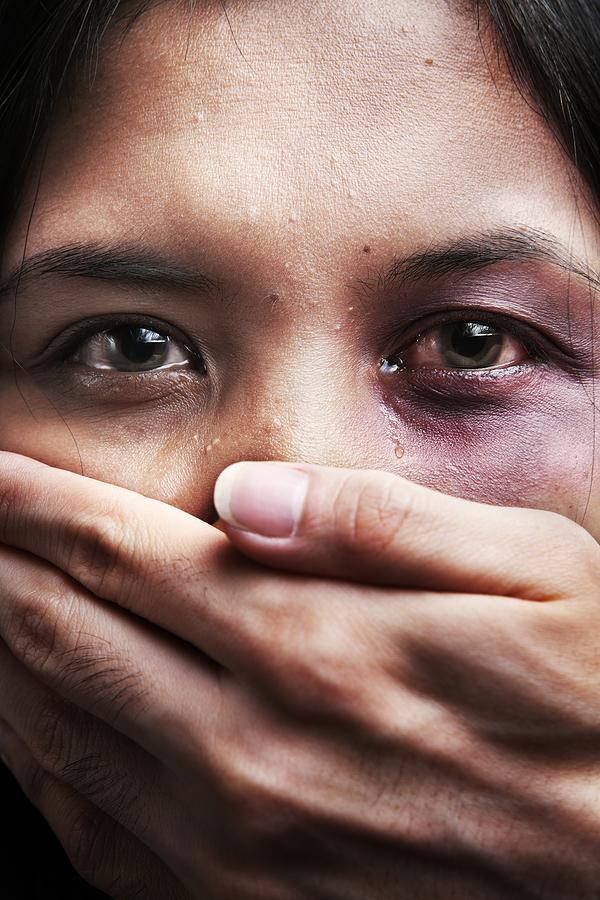Abused women have increased risk of mental disorders
By Liz Lockhart
The report on a Australian study begins with the words ‘A new Australian study finds that women who experience gender-based violence such as rape, sexual assault, intimate partner violence and stalking are at an increased risk to develop mental health disorders in their lifetime’.

As I read this I felt a wave of indignation. Oh, another report with findings that are obvious to anyone with an ounce of common sense, I thought. Having suffered directly from domestic violence I have always believed that anxiety, depression, PTSD and other trauma-related disorders were a common reaction to any traumatic experience (gender-based or not). It worried me that this was simply stating the obvious.
As I read on I found that the findings are very interesting and my first judgement had perhaps been made in haste.
Researchers surveyed 4,451 women aged between 16 and 85 and discovered that:
- 15% of Australian women reported sexual assault
- 8% reported being raped
- 8% reported physical intimate partner violence
- 10% reported stalking
The study is the most comprehensive ever undertaken of gender-based violence in a nationally representative sample of women.
Researchers discovered the four most common types of gender-based violence are strongly associated with a wide range of problems for women including more severe current mental disorder, higher rates of three or more lifetime mental disorders, physical disability, mental disability, impaired quality of life, and overall disability.
Findings are published in the Journal of the American Medical Association (JAMA).
Study leader Susan Rees, Ph.D. said ‘It was the strength of these associations that was most shocking. There is an overwhelming link between gender violence and key indicators of women’s mental health, well-being and risk of suicide attempts.’
The study showed that for women exposed to two types of gender-based violence, the lifetime rate of mental disorder was 69 percent and for three or more types of gender-based violence, it was 89.4 percent.
‘This compares with a rate of 28 percent for women who have not experienced violence. The link with gender-based violence was particularly strong for Post Traumatic Stress Disorder,’ Reese said.
‘This research highlights the need to ensure that expert mental health care is a central component of gender-based violence programs. Similarly, psychiatric services need to be better equipped to assist women with mental health disorders who have experienced such violence,’ Rees concluded.
Source: University of New South Wales
Further help for anxiety
Anxiety - What Is Anxiety
Fight or Flight Response Explained
Anxiety - What Is Anxiety





